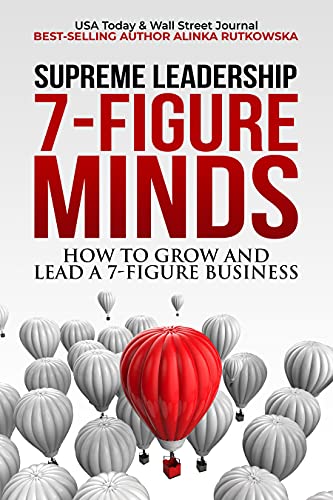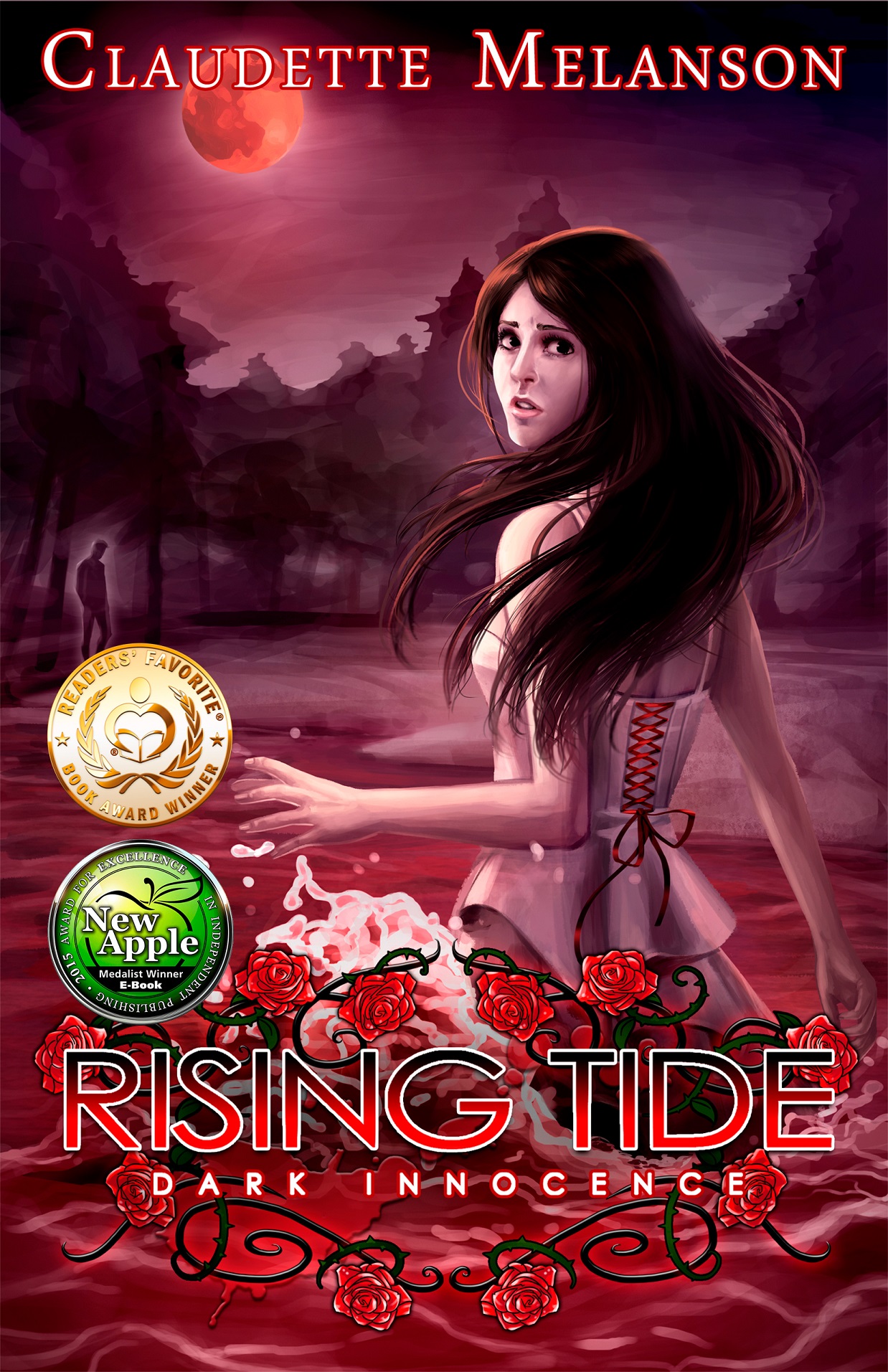
Resurrected debut novel by the author best known for Stoner
(1965).
When we meet Arthur Maxley, he is, unpromisingly, in the middle
of a dream that finds him, like some Nick Carraway, on the fringes of a party
that turns very ugly; the partygoers surround him, beat him, screaming: “and
then the sea of blood darkened and he swam in utter blackness and knew no
more.” The dream, as we will see, is meaningful. Arthur has left school
and now does little more than drink, read, and think too much, though he faces
a challenge: The father from whom he has been long estranged, for reasons that
become increasingly clear as this short novel unwinds, is in town to see him.
(“Father, he thought. It is a word.”) There are times at which Arthur
seems a slightly older but no more mature Holden Caulfield, as when he
provocatively—so he seems to think—orders a single egg and Tabasco sauce at a
diner, failing to impress the server at all. His father tries but fails to
break through Arthur’s desperately built barriers: When Arthur sputters that “everything
is bad now, it’s evil. You, me, the whole world, everything,” Hollis Maxley
answers weakly, “You’ve got to make yourself believe you aren’t alone, even if
you are.” When Arthur does find company in the form of a pretty young woman
named Claire, matters do not improve; the violence with which the story begins
frames it at the end. Published in 1948 but written while Williams was fighting
in Asia during World War II, the short novel ranks alongside Conrad Aiken’s
ghostly “Silent Snow, Secret Snow” as a study in madness; one wonders why
Williams distanced himself from it, though the narrative power of later novels
like Stoner and especially Butcher’s Crossing is only hinted at
here.
An affecting but sometimes tentative portrait of mental illness,
with some memorable moments.






Add comment